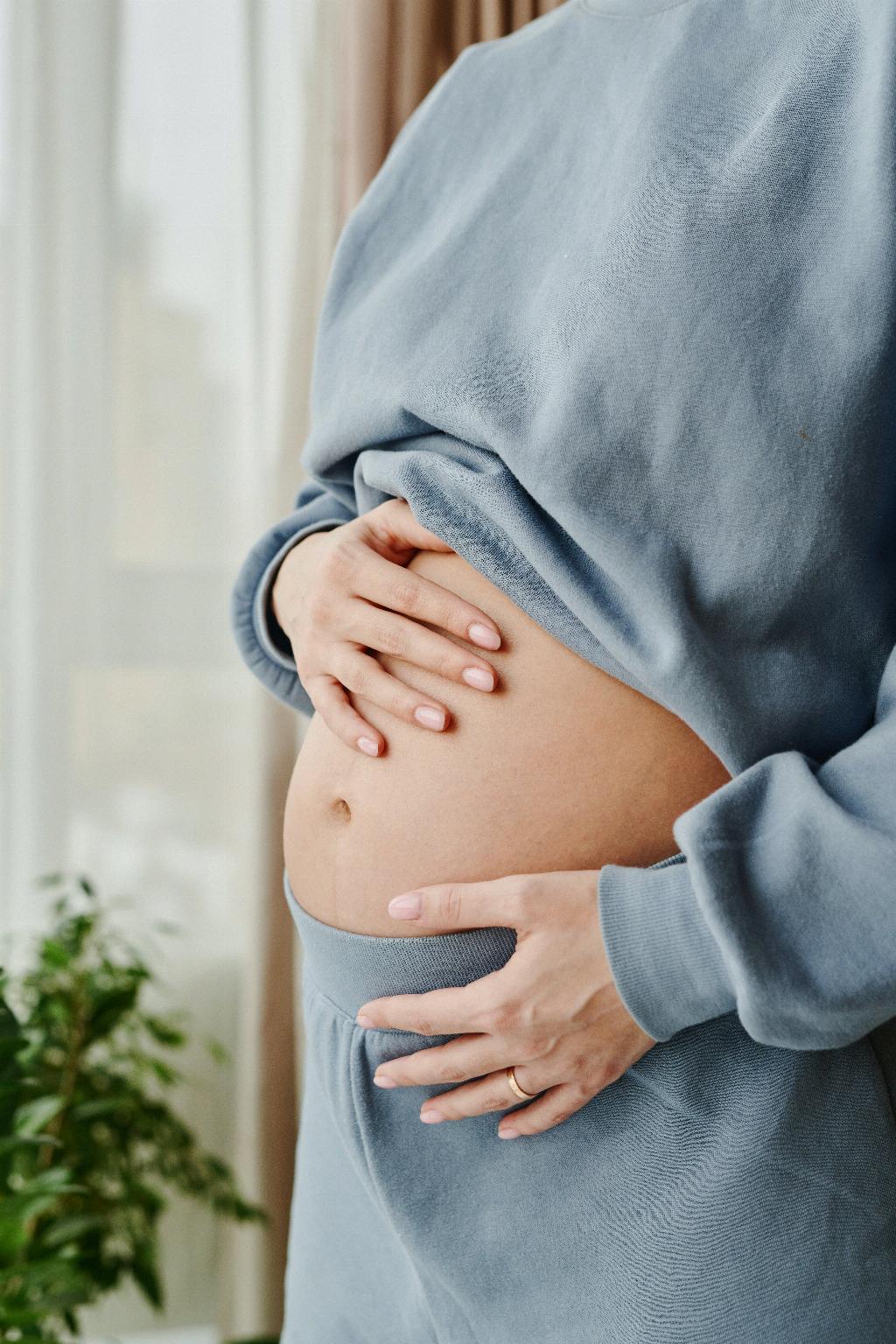When it comes to the various changes that occur in a woman’s body during pregnancy, the impact of hormones cannot be overlooked. Among the hormones that play a significant role in this process are relaxin and progesterone. These hormones, particularly relaxin, are known to have a direct effect on the joints and ligaments in the body.
Relaxin, as the name suggests, is responsible for relaxing the ligaments in the pelvis to prepare the body for childbirth. However, its effects are not limited to just the pelvic area. This hormone circulates throughout the entire body and can affect other joints as well, leading to increased laxity and potentially causing joint pain.
One of the primary mechanisms through which pregnancy hormones like relaxin and progesterone can cause joint pain is by softening the ligaments. Ligaments are tough, fibrous tissues that connect bones to other bones in a joint. When these ligaments become soft and lax due to hormonal changes, it can result in instability and discomfort in the affected joints.
It is essential to understand that the changes in joint structure and function during pregnancy are a natural part of the process. However, for some women, the effects of these hormonal changes can be more pronounced, leading to varying degrees of joint pain and discomfort.
For women who experience joint pain during pregnancy, it is crucial to consult with their healthcare provider to determine the best course of action. While some degree of joint discomfort may be expected during this time, severe or persistent pain should not be ignored, as it could indicate an underlying issue that requires medical attention.
In addition to hormonal changes, factors such as weight gain, changes in posture, and increased strain on the joints due to the growing baby can also contribute to joint pain during pregnancy. Understanding the interplay of these factors can help women better manage and alleviate their symptoms.
It is worth noting that joint pain during pregnancy is a common complaint among many women. While it can vary in severity and duration, it is essential to take proactive steps to address and alleviate the discomfort. This may include gentle exercises, maintaining good posture, using supportive devices like belly bands, and seeking professional guidance when needed.
Ultimately, the relationship between pregnancy hormones and joint pain is a complex one, with multiple factors coming into play. By staying informed about these hormonal changes and their effects on the body, women can better understand and cope with the physical challenges that may arise during this transformative time.
In conclusion, while pregnancy hormones like relaxin and progesterone can contribute to joint pain through their effects on ligaments and joint stability, it is essential to approach this issue holistically. By proactively addressing joint pain through a combination of lifestyle adjustments, exercises, and proper medical care, women can navigate this aspect of pregnancy with greater comfort and confidence.

